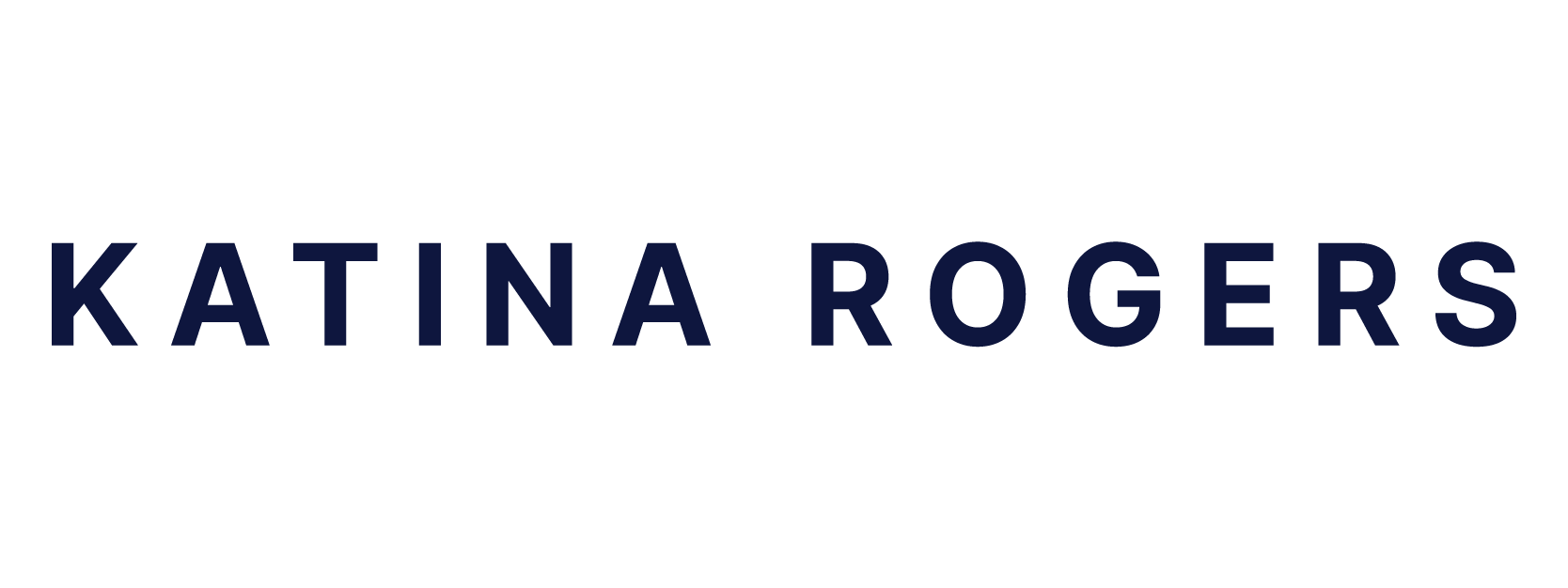I’ve been tuning in to conversations about “#alt-ac” — both the concept and the phrase itself — as much as I can lately as I prepare to launch SCI‘s survey of #alt-academics (more on that very soon). What I’ve noticed is that while the concept is something that people are eager to talk about, and while the term itself has both expanded in meaning and proven useful beyond what Bethany Nowviskie initially imagined, there’s also a certain degree of discomfort with the phrase. Some find that it perpetuates an unfortunate (and false) binary of career options — which, of course, is exactly what it was meant to alleviate. Others simply don’t find that the term resonates for them, considering it too narrow, or redundant with existing categories (primarily public humanities). Still others have expressed concern that #alt-ac is being held up as an unrealistic panacea for the perpetually abysmal job market, yet without necessarily creating new jobs.
These critiques are all valid. Personally, I have found that despite its limitations, #alt-ac is useful as a starting point for conversations about a wide range of issues related to graduate education. I don’t expect the term to be around forever, and I think it’s impossible to try and define the borders of the constellations of #alt-ac communities with much clarity. But I also think that this slight unease and ambiguity is a part of what can help us (as the academic, #alt-academic, or other allied communities) clarify our own thinking on what our academic training means and why it’s valuable.
For me, the most useful move that the term allows is the reframing of what is meant by the term “academic.” Anyone who has completed a PhD or other advanced degree is an academic by training, and brings an academic approach to whatever work she takes on. However, in terms of career possibilities, “academic” tends to signify one thing only: the professoriate. But as is abundantly clear, scholars are working all over the place — in cultural heritage institutions like libraries, museums, and archives; in governmental positions; as journalists and consultants. The positions themselves don’t necessarily make an individual an academic, but neither does an individual cease to be an academic in any of these roles. The academic is the person, by way of the training he or she has received, as well as the style of work — but the term’s narrower signification of someone employed within the professoriate often remains the more immediate reference.
#Alt-academic, then, is not so much a specific job, career, or field, but rather an approach: a way of seeing one’s work through the lens of academic training, and of incorporating scholarly methods into the way that work is done. It means engaging in work with the same intellectual curiosity that fueled the desire to go to graduate school in the first place, and applying the same kinds of skills — be they close reading, historical inquiry, written argumentation, or whatever else — to the tasks at hand. It doesn’t mean an all-new type of work that will heal the problems of the job market. (Issues surrounding the academic labor market are pervasive and serious; they merit a thorough discussion that is beyond the scope of this post.)
The responses that people have provided in the #alt-ac database are telling, as they often underscore the ways in which individuals apply their academic training to unusual roles. I expect that we’ll gain much deeper insight through the upcoming survey, and I look forward to the conversations that the resulting data will provoke. Stay tuned!
